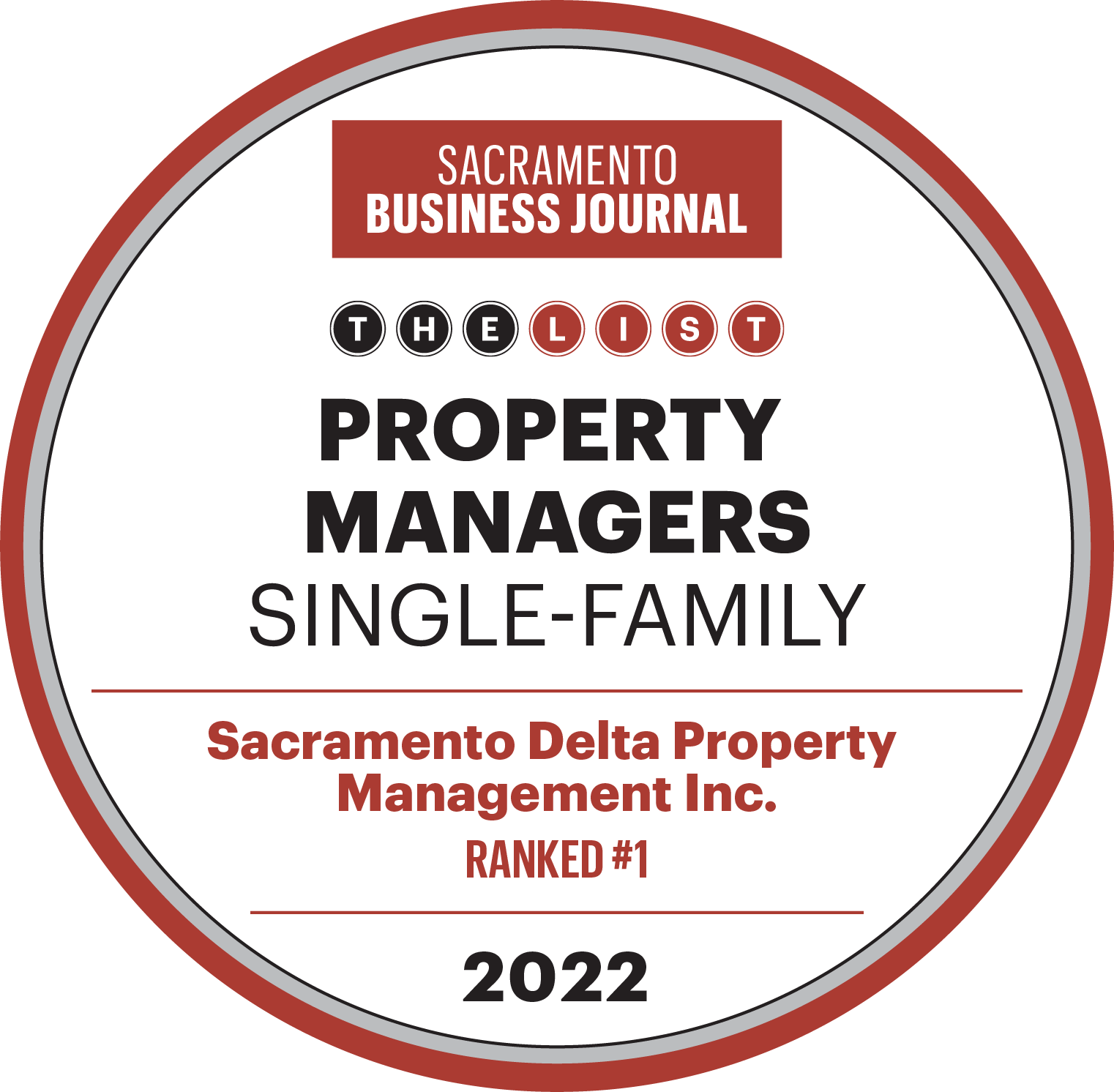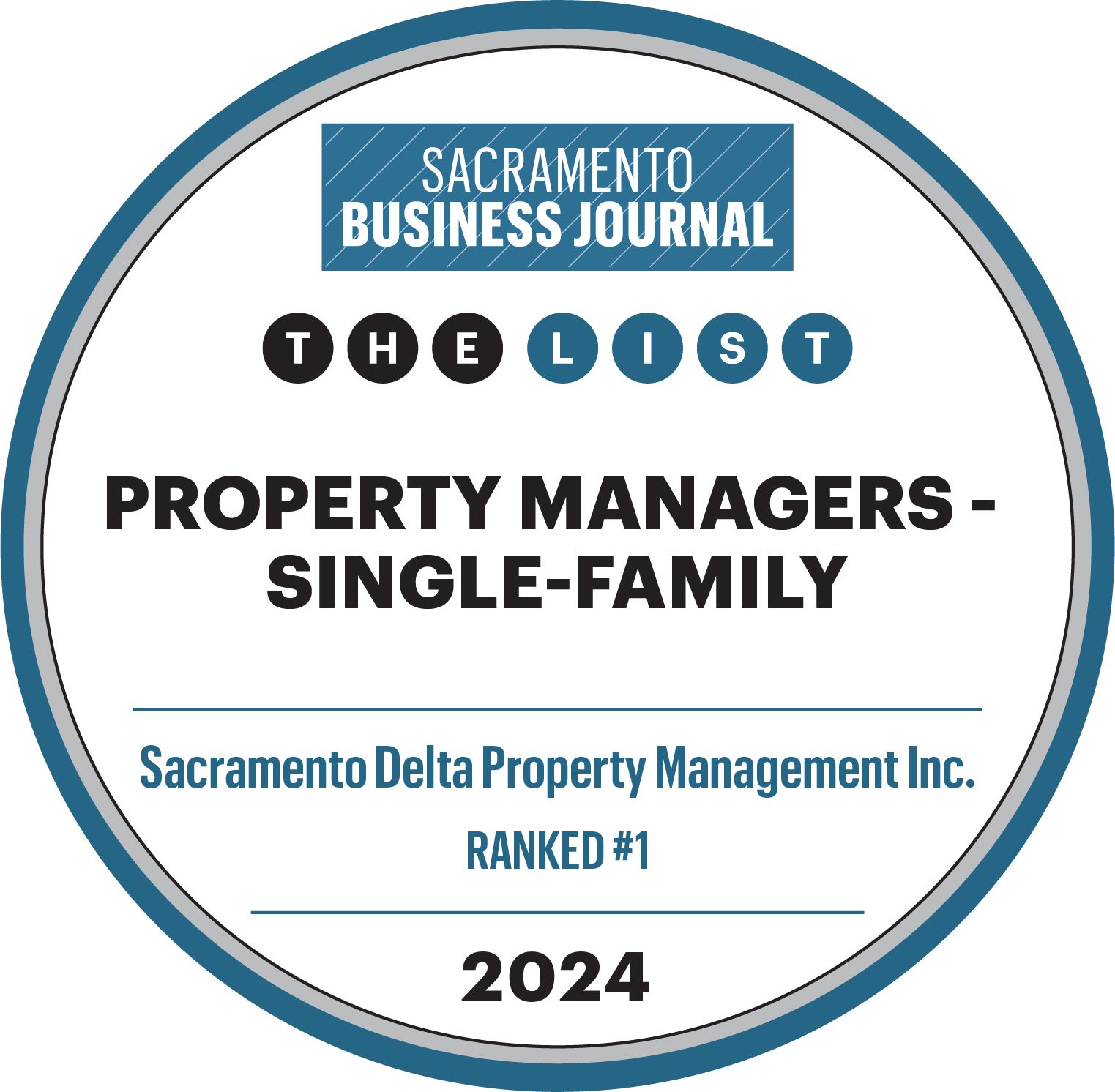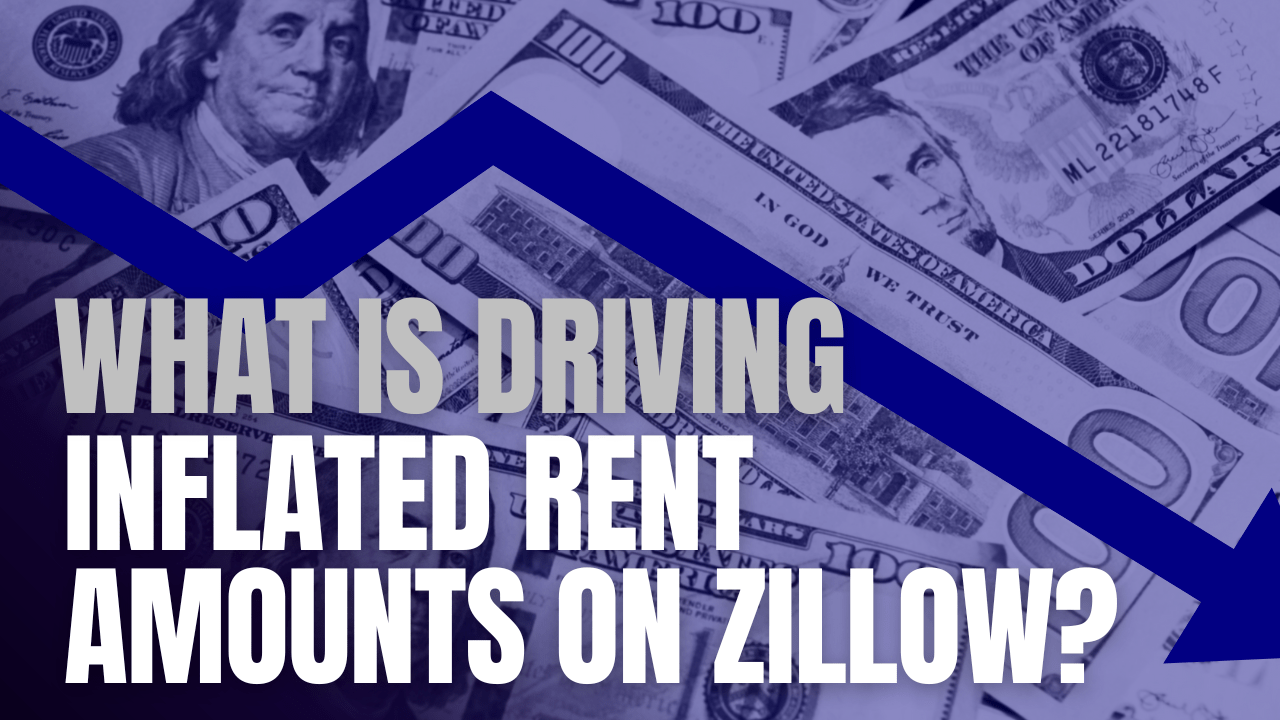While monthly inspections are not explicitly prohibited under California rental laws, frequent inspections could create unnecessary friction between landlords and residents.
California landlords and property owners are well aware that maintaining their properties is critical not only for preserving their value but also for ensuring resident satisfaction. However, questions often arise about how often a landlord can legally inspect rental properties.
A vacant property can certainly be inspected anytime. You’ll want to make sure there aren’t any unnoticed maintenance issues brewing and you want to keep the property safe. However, when we’re talking about a property that’s occupied by a resident, a monthly inspection is not recommended.
Understanding California Rental Laws on Inspections
Under California rental laws, landlords have the right to enter and inspect their rental properties, but the law is designed to balance this right with the resident’s right to privacy. Civil Code Section 1954 outlines the specific rules governing a landlord's access to a resident’s home.
When is Entry Permitted?
Landlords can legally enter rented property for specific reasons, such as:
- Emergency Situations. For example, addressing situations like burst pipes or fire risks.
- Repairs or Maintenance. To make necessary repairs or improvements.
- Showing the Property. If the resident is moving out, the landlord can show the property to prospective renters or buyers.
- Health and Safety Concerns. To comply with health or safety regulations.
- Resident Consent. If both parties agree to the landlord's entry.
- An annual maintenance survey. To stay on top of things like gutter cleaning, duct cleaning, and chimney cleaning and
monitor the wear and tear to the property.
It is important for landlords to remember that once a resident moves in, the home becomes their private space. Excessive inspections without a valid reason can lead to disputes, frequent or early move-outs, or even legal action. Yes, this is a property that you own. But it’s also someone’s home, and your resident has a right to privacy and to quiet enjoyment.
California landlords must give residents at least 24 hours' written notice before entering the home. Notifications can be delivered by hand or posted on the door.
Can You Inspect the Home Monthly?
By respecting residents’ privacy and adhering to Civil Code Section 1954, landlords can legally and professionally manage their properties while maintaining strong relationships with residents.
If you’re unsure about your inspection policies or need guidance in navigating California rental laws,
working with experienced property management professionals
can make all the difference. Your business depends on proper relationships and compliant practices, which is why expert support is invaluable.
Please contact us at Sacramento Delta Property Management. We’ve been working with owners and investors for more than 40 years.


















